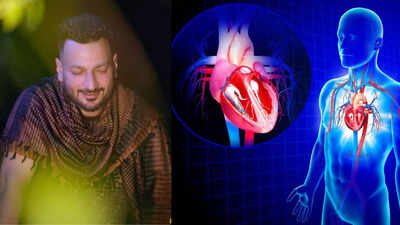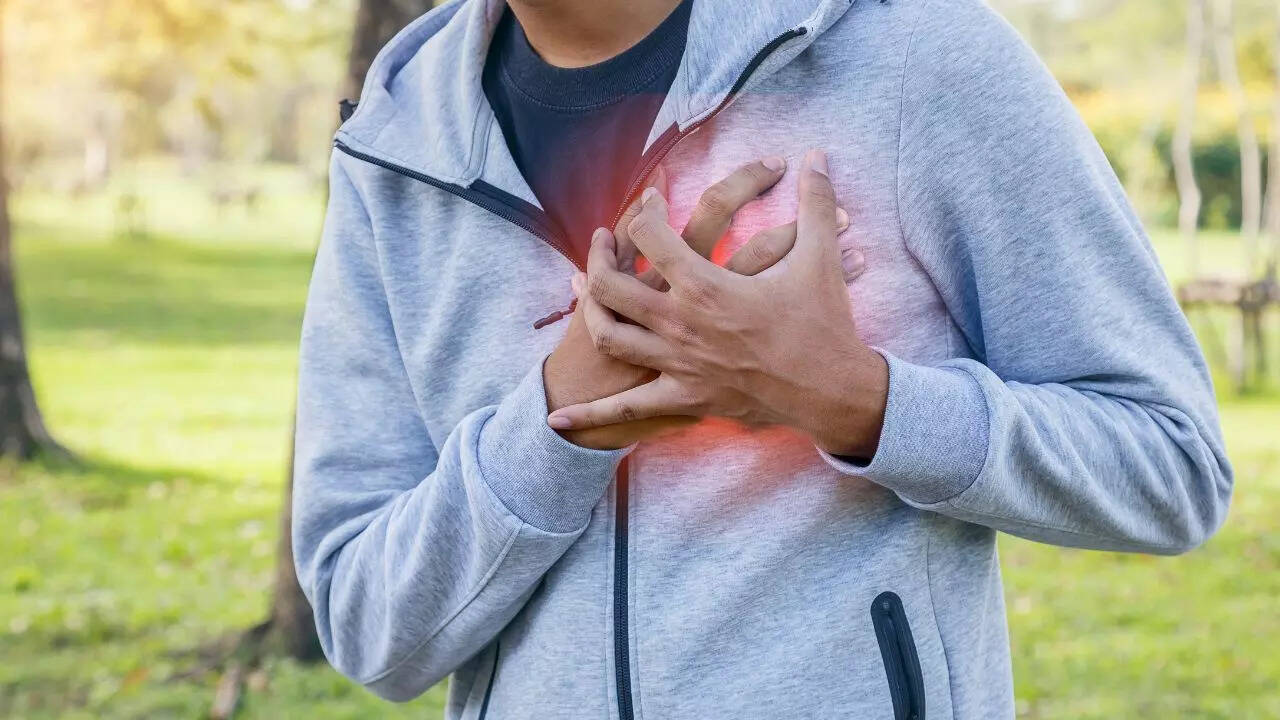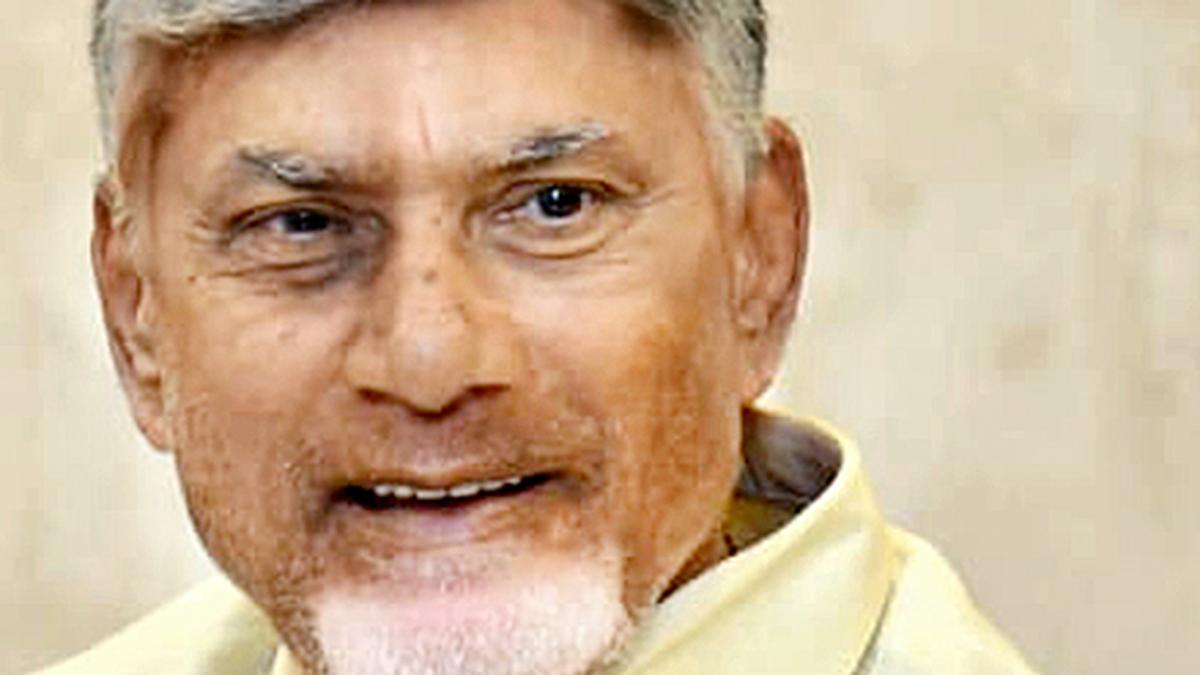ARTICLE AD BOX

Singer, actor and composer Rishabh Tandon, also known by the name Faqeer, passed away in Delhi last night. The sudden death, as per reports, was due to a heart attack. The tragic death of the singer at a young age, underscores the concerning trend of increasing incidence of heart attacks among young adults.While heart attacks are often associated with older populations, recent cases of young celebs, including Sidhart Shukla, Chiranjeevi Sarja, Rakesh Poojary and now Rishabh Tandon, passing of heart attack, raises alarm that young populations are not immune to the risks. Several underlying heart issues, despite a healthy lifestyle, can contribute to sudden cardiac events in younger age groups.

Heart attacks in the younger generation can be sudden and severe.
For this reason awareness and early screening are crucial. According to a renowned cardiovascular surgeon, Dr. Jeremy London, there can be some warning signs that may depict heart-related issues:
- Exertional chest pain, especially if the pain radiates into arms or in the jaws
- Shortness of breath that eases when resting
- Unable to lie flat without feeling short of breath,
- Drop in ability to exercise with increasing fatigue
- Feeling light headed or nearly passing out, racing heart beat
These symptoms are not mere inconveniences, but warning signals, and early recognition of these symptoms can reduce the risk of sudden deaths and extend lifespan.
Dr. Jeremy London, cardiovascular surgeon
Possible causes of sudden cardiac events in young adults

Thickened heart muscles or hypertrophic cardiomyopathy (HCM): NIH report suggests that in adolescents and young adults, particularly in competitive athletes, HCM remains the leading cause of sudden cardiac death. This is a condition where thickening of the heart muscle can disrupt blood flow and lead to arrhythmias.
Heart condition present at birth: Also called a congenital heart defect, According to Mayo Clinic hospital, some people are born with changes in the heart and blood vessels. These changes can reduce blood flow and lead to sudden cardiac death.Commotio cordis: As per Mayo Clinic hospital, a blunt chest injury may not damage the heart muscle, but change its electrical signaling. The blow to the chest can trigger ventricular fibrillation.
Tests that can help detect heart issues

Some tests that can help diagnose heart conditions, as per NHS: ElectrocardiogramECG measures the electrical activity of the heart to detect arrhythmias, heart attacks, or structural abnormalities.Magnetic resonance imaging (MRI)Provides detailed images of the heart’s structure and function without radiation exposure.Useful for diagnosing myocarditis, cardiomyopathies, and congenital heart defects.Cardiac computed tomography (Cardiac CT)Uses X-rays to create detailed cross-sectional images of the heart and coronary arteries. Cardiac CT helps detect coronary artery disease, calcium deposits, and blockages before symptoms appear.Coronary angiogramInvolves injecting contrast dye into the coronary arteries to visualize blockages or narrowing via X-ray imaging. Often considered the gold standard for diagnosing coronary artery disease, particularly in symptomatic patients.Blood testsThere are a number of blood tests that can be done to rule out other causes of heart symptoms, and to measure different levels within the body that can affect the heart. These may include: Full blood count, Urea and electrolytes, Troponin blood test.Heart-health experts assert the importance of prevention and detection to reduce the risks of heart attack and other conditions. Early detection allows for timely intervention through lifestyle changes, medication, or procedures to prevent serious cardiac events.Disclaimer: This article is for informational purposes only and does not substitute for professional advice.

 9 hours ago
4
9 hours ago
4









 English (US) ·
English (US) ·